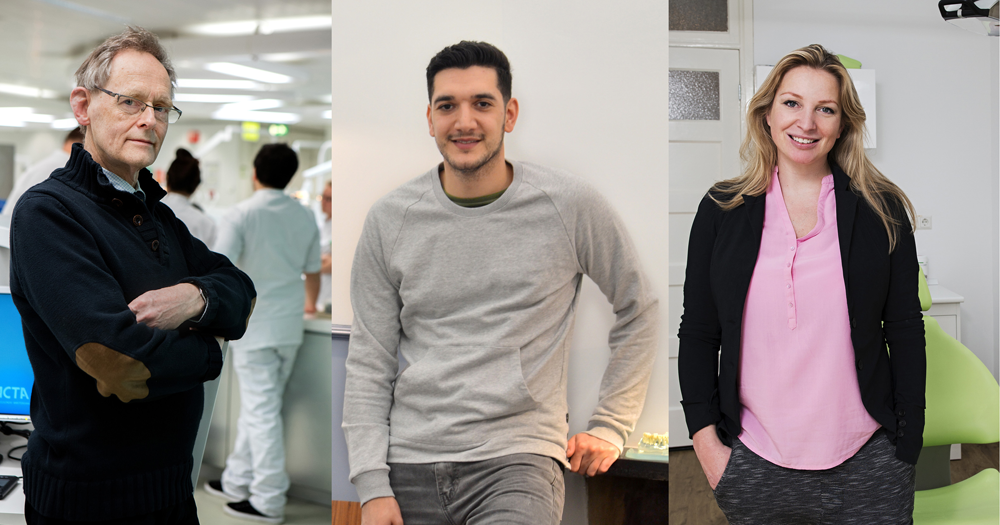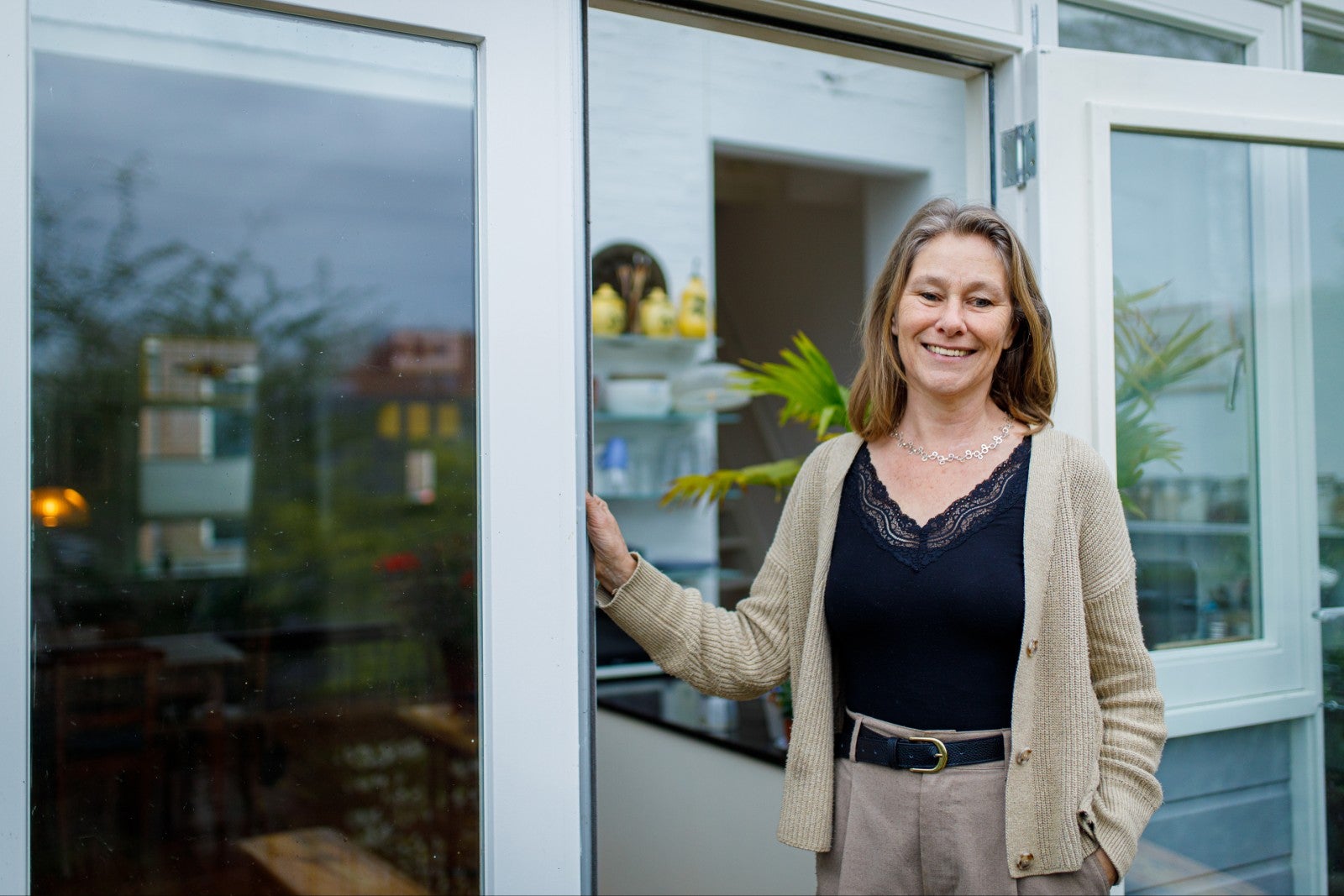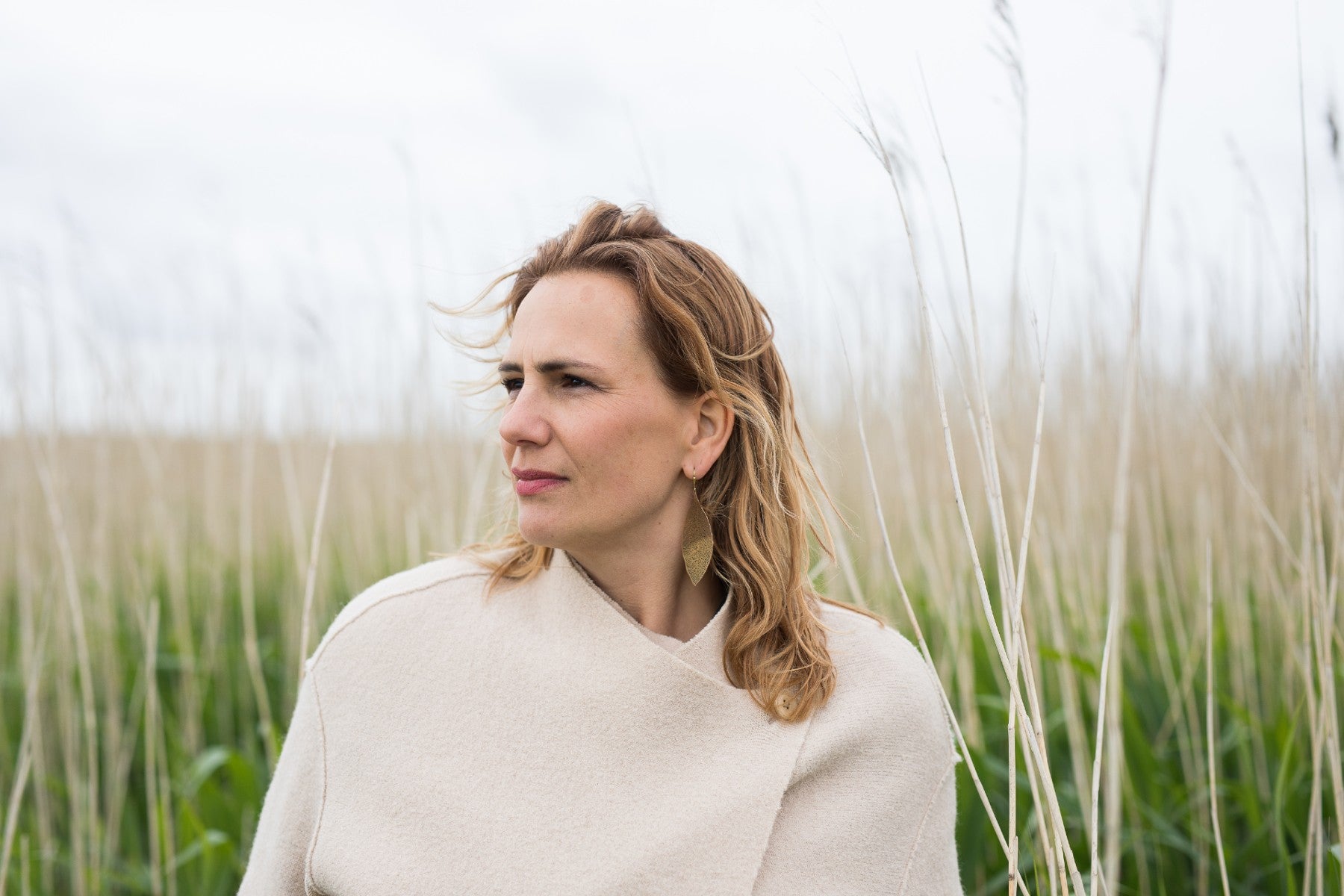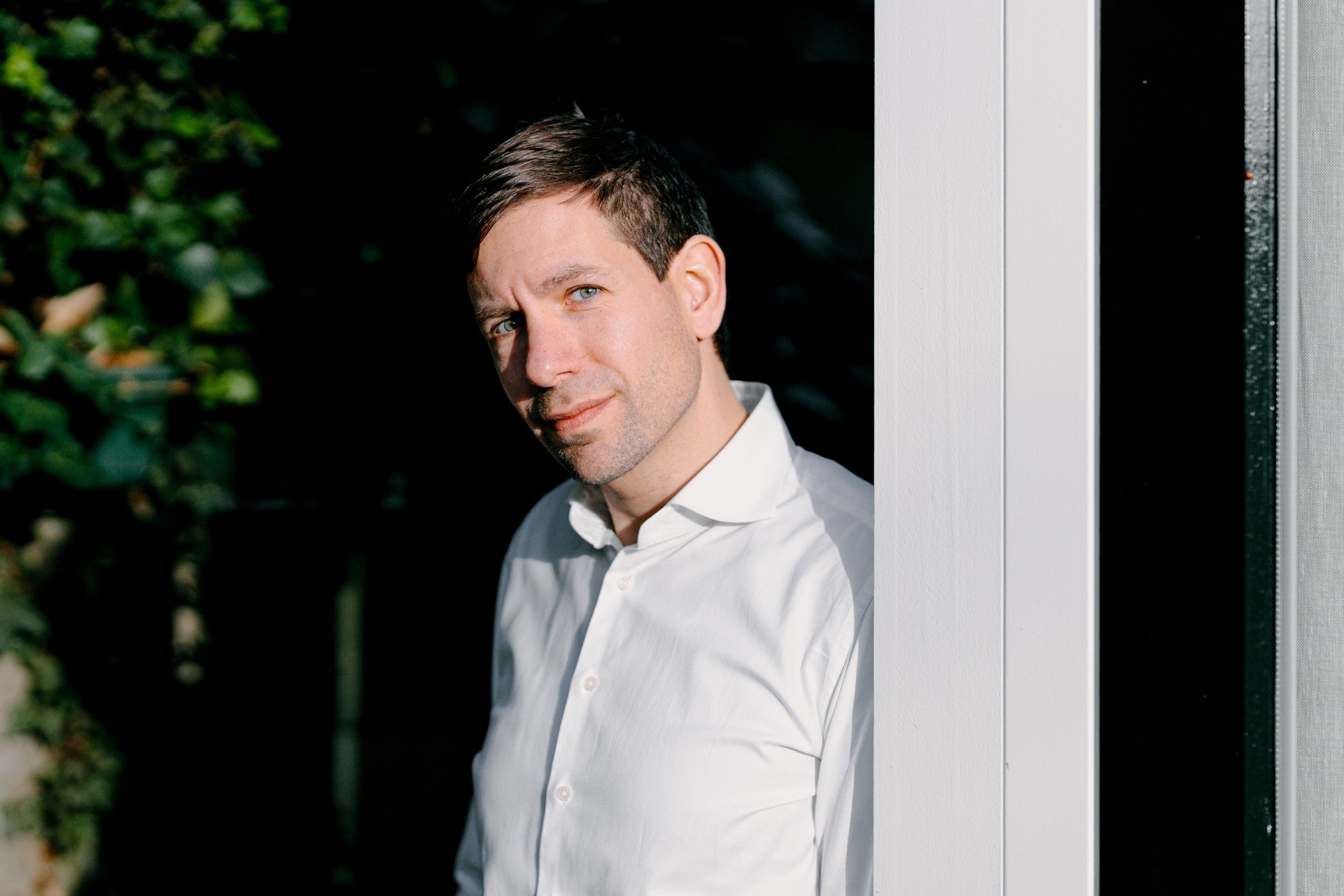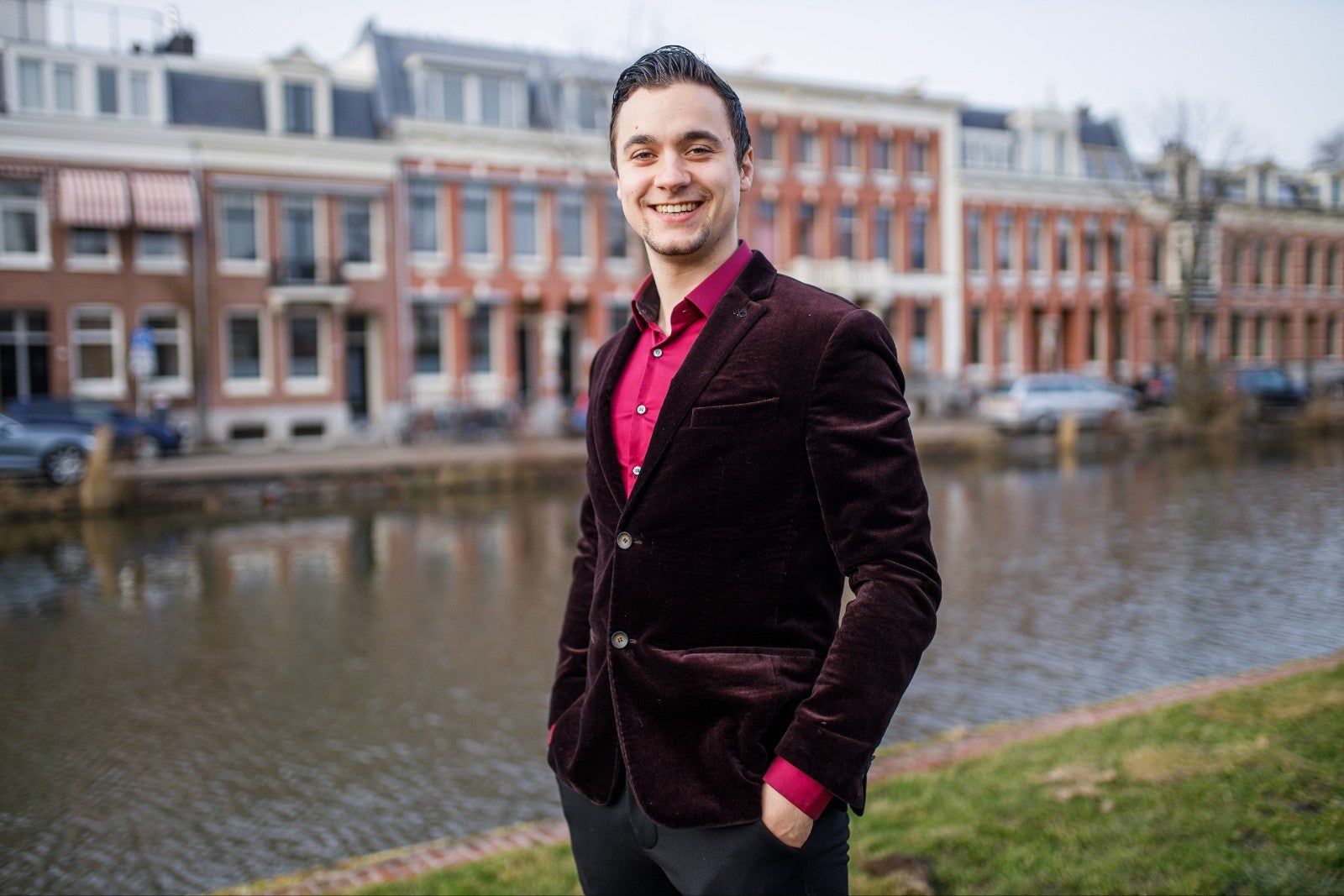There are currently some 100,000 Vrije Universiteit alumni. Where do they end up after completing their studies? In this monthly section, we feature three alumni who studied in the same programme. This time: dentistry at the Academic Centre for Dentistry Amsterdam
‘I wanted to be a veterinarian first, but it turned out I was allergic to animals’
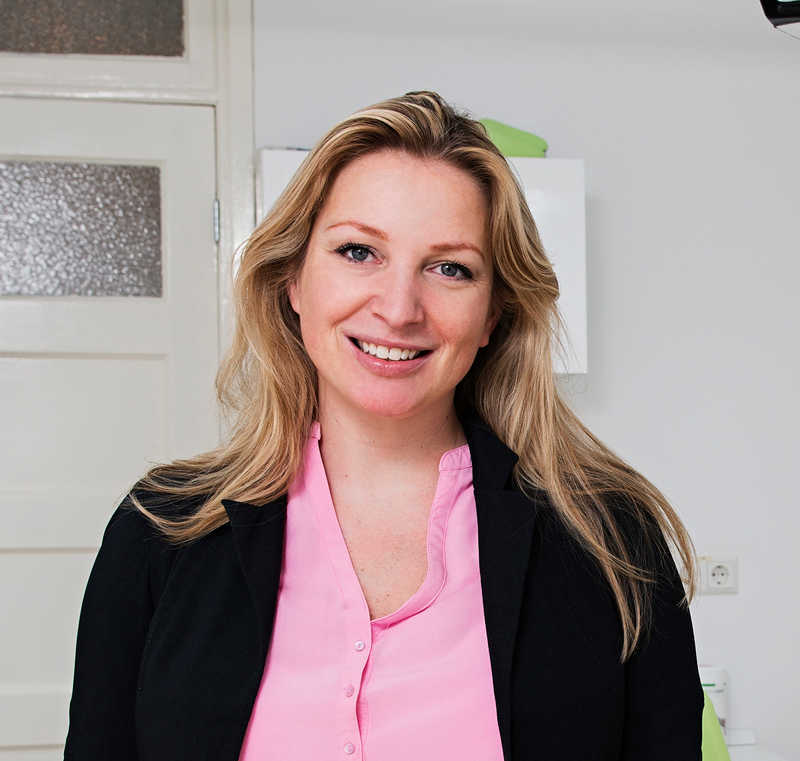
You work as an anxiety dentist. That sounds a little scary. “People often say that. The official title is more neutral: dentist specialising in anxiety counselling. I help people who are afraid to go to a normal dentist, perhaps because they’ve had a traumatic experience or because having objects in their mouth makes them retch.”
How did you get the idea of doing this? “As a child, I was always very busy with my hands, doing lots of crafts and making things. I wanted to be a veterinarian first, but it turned out I was allergic to animals. Dentistry appealed to me because you are involved with the practical side from the first year. I did the follow-up training specialising in dental anxiety because I am interested in how people are formed by their experiences.”
What has stayed with you from your studies? “I went to Brazil for a couple of months with two classmates for my graduate internship. We stayed in Belém, a steaming hot place with nothing to do. Yet it was fantastic to be totally away from your familiar world for a couple of months.”
What was the most difficult? ‘The practical exams. I had to clean a set of teeth for my first exam; I had a sleepless night before that one. I can’t even imagine that any more. It was also sometimes difficult to find enough patients to practise on. They were often family members or friends.”
Which place on campus holds a lot of memories for you? “In the pre-clinical learning centre, you got tested on your dexterity. You had to drill particular figures into plastic teeth, accurate to the last millimetre. I spent many hours there.”
‘It’s precisely during your studies that it’s important to invest energy in friendships’
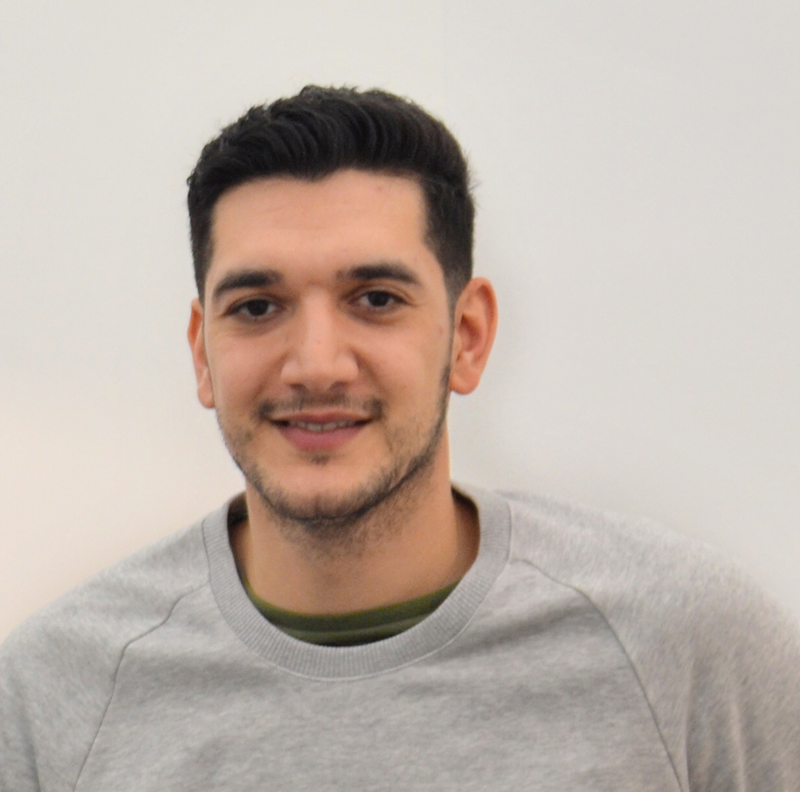
Why dentistry? “My mother really wanted me to be a doctor or lawyer. That’s the Turkish culture, I think. Only then can you say you’ve really ‘studied’. The dentistry course was a year shorter than the medicine one, and you were allowed to practise it yourself earlier, and that appealed to me. The fact that my orthodontist also advised me to choose this field was the deciding factor.”
What are you doing now? “I work as a freelancer in Rotterdam and as locum dentist throughout the country. I also visit the Academic Centre for Dentistry Amsterdam regularly to see my master’s thesis supervisor. We are hoping to develop my research into a couple of scholarly articles.”
What did you find less enjoyable about the programme? “In general, dentistry students are very self-absorbed. Perhaps that’s because of the strict rules: if you fail an exam, you immediately have a half-year delay. That’s a shame. It’s precisely during your studies that it’s important to invest energy in friendships. The friends I made at the Academic Centre for Dentistry Amsterdam are friends for life.”
What was the high point? ‘The first time that I was allowed to put a prosthesis in place. This was for an older woman, who was so happy with my work that she sent me a gift afterwards. At a moment like that you can see what all that theoretical knowledge leads to: you were able to help a patient.”
REINDER KUITERT (1947), GRADUATED IN 1972; AS ORTHODONTIST IN 1976
‘If you made a golden crown, you put money into it yourself as a student’
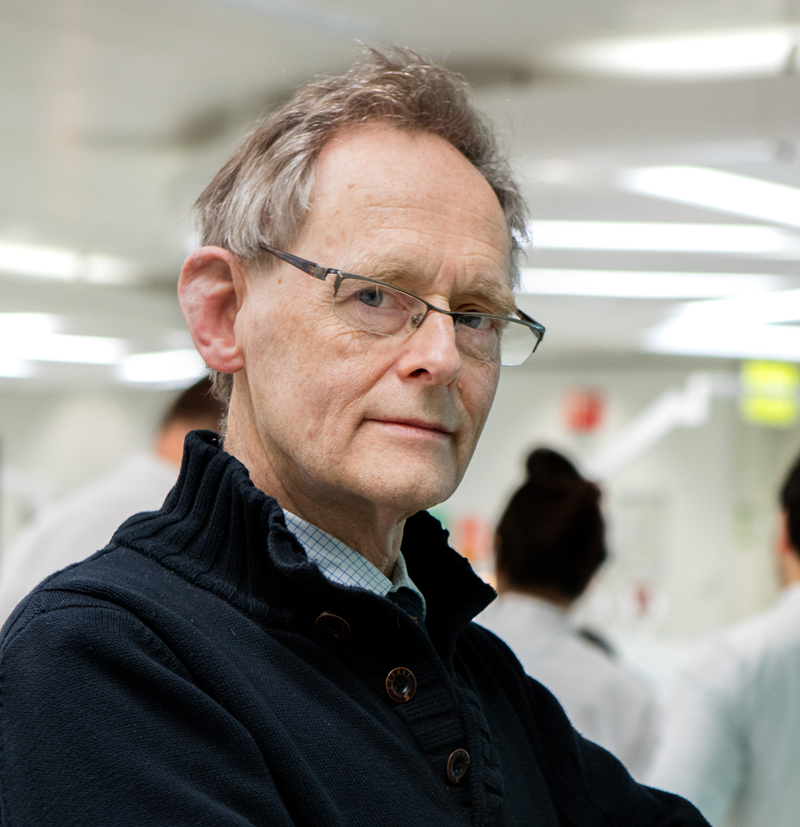
You never left the Academic Centre for Dentistry Amsterdam. How did that come about? “When I graduated, the programme had too few orthodontists, so I was invited to stay. I’ve never had to apply for a job. After I had worked here for a while, I became a trainer of specialists.”
What do you do exactly? “I put together the programme for the specialism in orthodontics every year. I also lecture in dentistry and orthodontics, and I supervise master’s students in the writing of their dissertations.”
What has changed in dentistry over the last forty years? “A lot. A big difference is that patients now receive a discount if they are treated by a student, whereas that was free in the 1970s. Back then, they only paid for the cost of the materials. As a student, when you made a golden crown you always put money into it yourself because the patient only had to pay for the exact weight of the crown, and there was always some gold lost in the process of pouring. There was no shortage of patients then, as there is now. During my studies I did almost two hundred fillings.”
How was your study for you? “Very carefree, especially if I compare it to that of the current students. We never worried about whether we would find a job or not: that always worked out all right. Study costs were also lower than they are now. At the same time, we were living with the threat of nuclear war, which put a lot into perspective, I think. I lived in a large house on the Emmaplein with ten other students. The curtains caught fire from time to time due to flames from the gas stove, a ceiling collapsed or a bicycle was thrown down the stairs, but nobody worried about it too much. Neither did the landlady – she thought that so much liveliness was a wonderful thing.”

